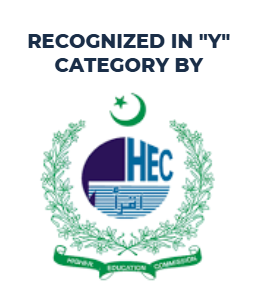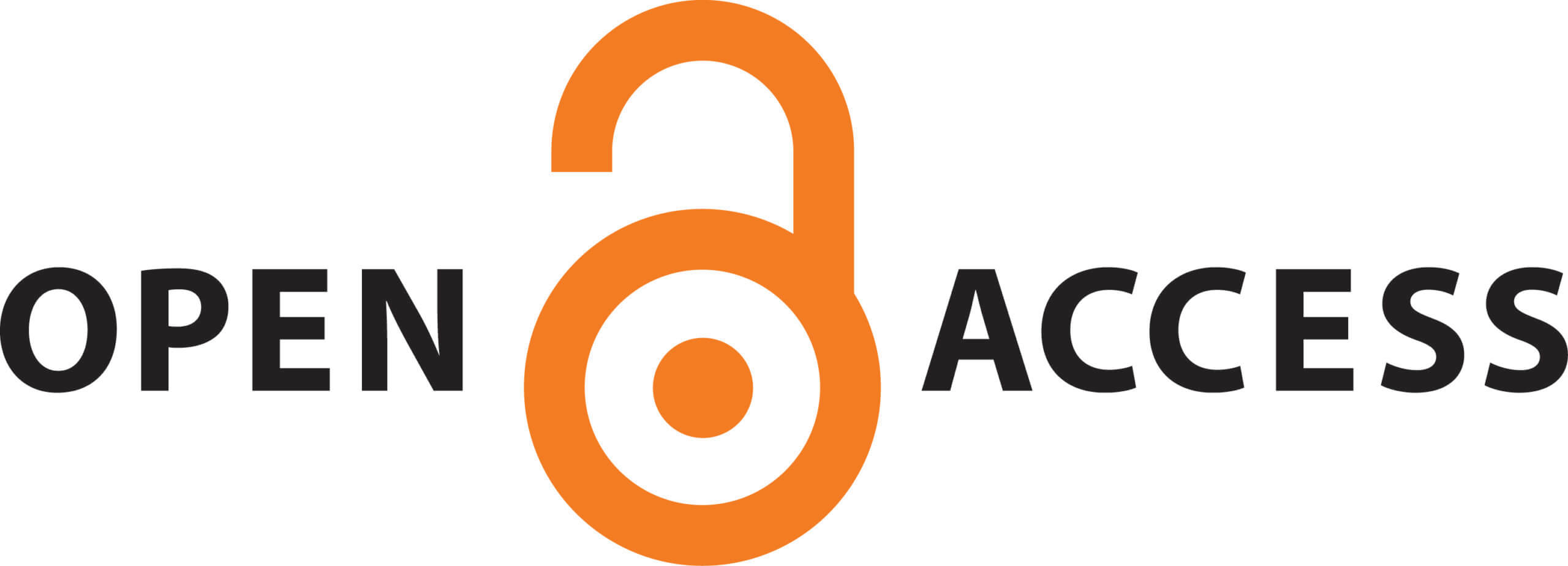
Ethical Guidelines for Reviewers
Ethical Guidelines for the Reviewers
- The Reviewers should inform the Editor, if they do not have the subject expertise required to carry out the review and s/he should inform the Editor immediately after receiving a request.
- Be responsible to act promptly and submit review report on time.
- Immediately inform the Editor of any possible delays and suggest another date of submission for a review report, and
- Not unnecessarily delay the review process, either by prolonged delay in submission of their review or by requesting unnecessary additional data/information from the Editor or author(s).
- The reviews should be objectively carried out with a consideration of high academic, scholarly and scientific standards.
- All judgments should be meticulously established and maintained in order to ensure the full comprehension of the reviewer’s comments by the editors and the author(s).
- The reviewer may justifiably criticize a manuscript but it would be inappropriate to resort to personal criticism on the author(s), and
- The reviewers should ensure that their decision is purely based on the quality of the research paper and not influenced, either positively or negatively, by any personal, financial, or other conflicting considerations or by intellectual bias.
- The data included in the research paper is confidential and the reviewer shall not be allowed to use if for his/her personal study.
- A reviewer must declare any potentially conflicting interests (e.g., personal, financial, intellectual, professional, political or religious). In such situation, s/he will be required to follow the journal’s policies.
- If the reviewer feels unqualified to separate his/her bias, s/he should immediately return the manuscript to the Editor without review, and justify to him/her about the situation.
- Reviewers should consider the research paper as a confidential document and must not discuss its content on any platform.
- If the reviewer suspects that the research paper is almost the same as someone else’s work, s/he will ethically inform the Editor and provide its citation as a reference.
- If the reviewer suspects that results in the research paper to be untrue/unrealistic/fake, s/he will share it with the Editor,
- If there has been an indication of violating ethical norms in the treatment of human beings (e.g., children, female, poor people, disabled, elderly, etc.), then this should be identified to the Editor.
- For evaluating originality, the reviewers should consider the following elements:
- Does the research paper add to existing knowledge?
- Are the research questions and/or hypotheses in line with the objective of the research work?
- The reviewers should read the “Methodology” section in detail and make sure that the author(s) has demonstrated the understanding of the procedures being used and presented in the manuscript.
- Further questions to be addressed are whether: the organization of the research paper is appropriate or deviates from the standard or prescribed format?
- The reviewer must explicitly write his/her observations in the section of ‘comments’ because author(s) will only have access to the comments reviewers have made,
- For writing a review report, the reviewers are requested to complete a prescribed form (s).
- It is helpful for both the Editor and author(s) if the reviewer writes a brief summary in the first section of the review report. This summary should comprise the reviewer’s final decision and inferences drawn from a full review.
- Any personal comments on author(s) should be avoided and final remarks should be written in a courteous and positive manner.
- Indicating any deficiencies is important. For the understanding of the Editor and author(s), the reviewers should highlight these deficiencies in some detail with specificity. This should help justify the comments made by the reviewer.
- When a reviewer makes a decision regarding the research paper, it should be clearly indicated as ‘Reject’, ‘Accept without revision’, or ‘Need Revision’ and either of the decisions should have justification.







